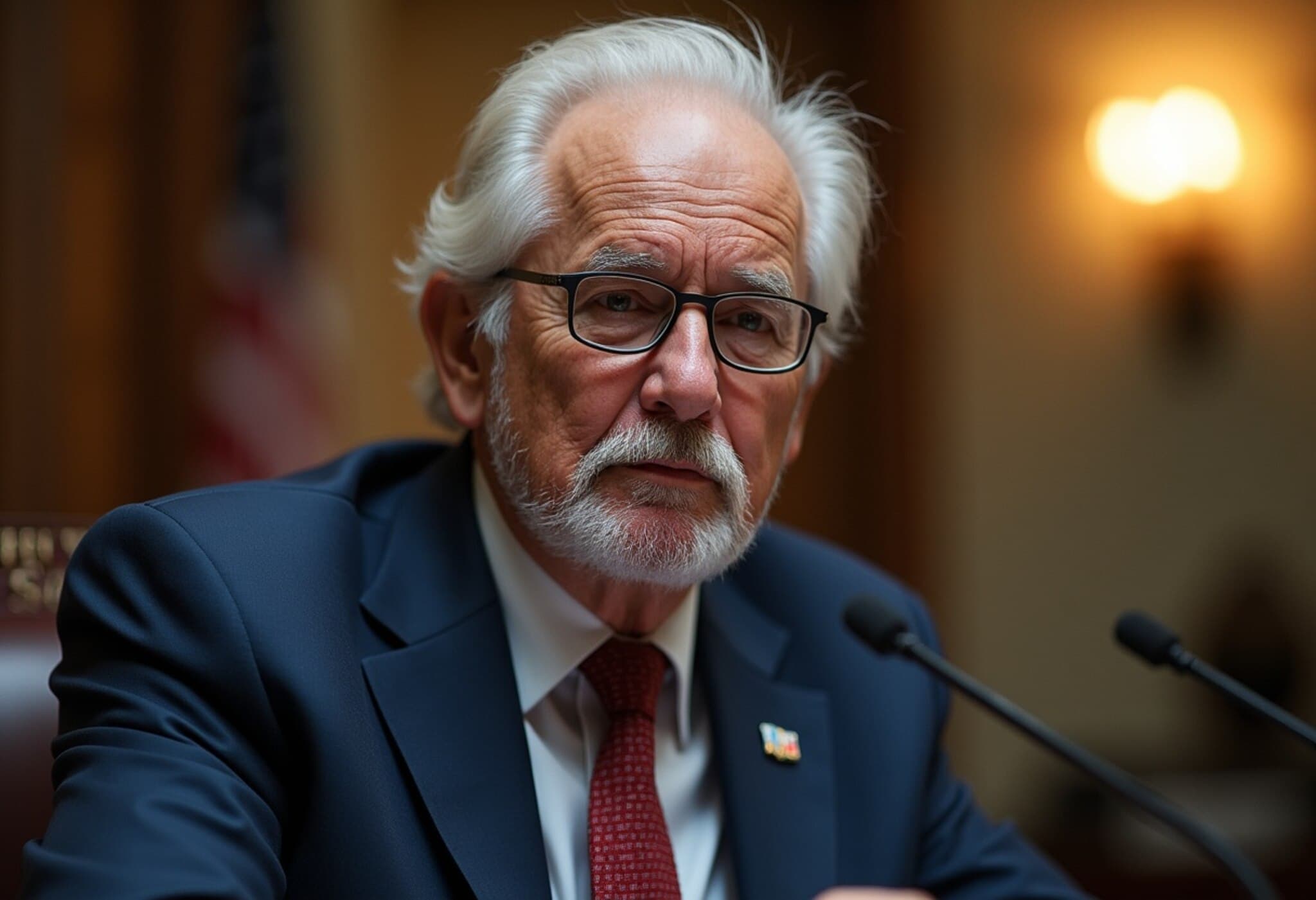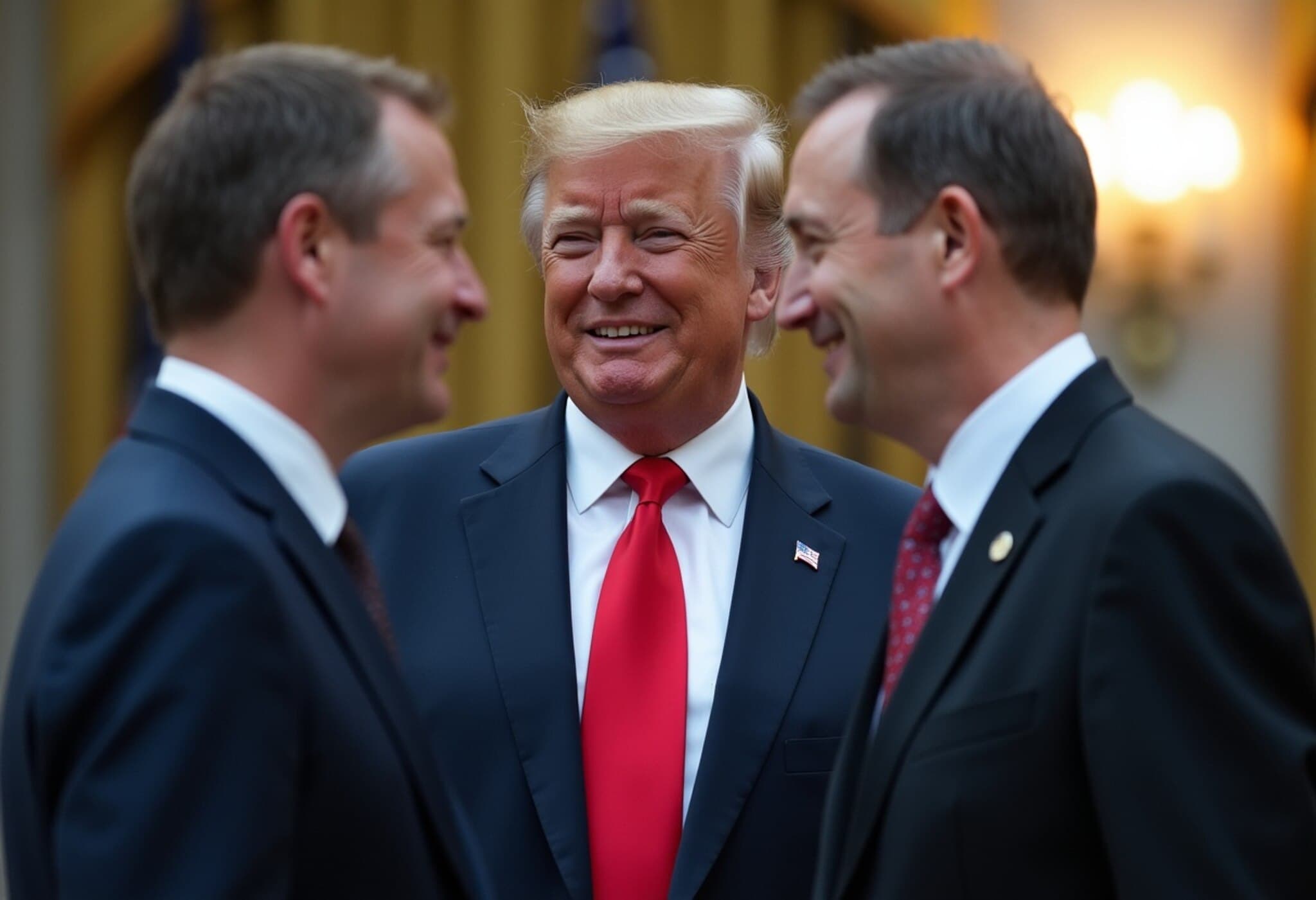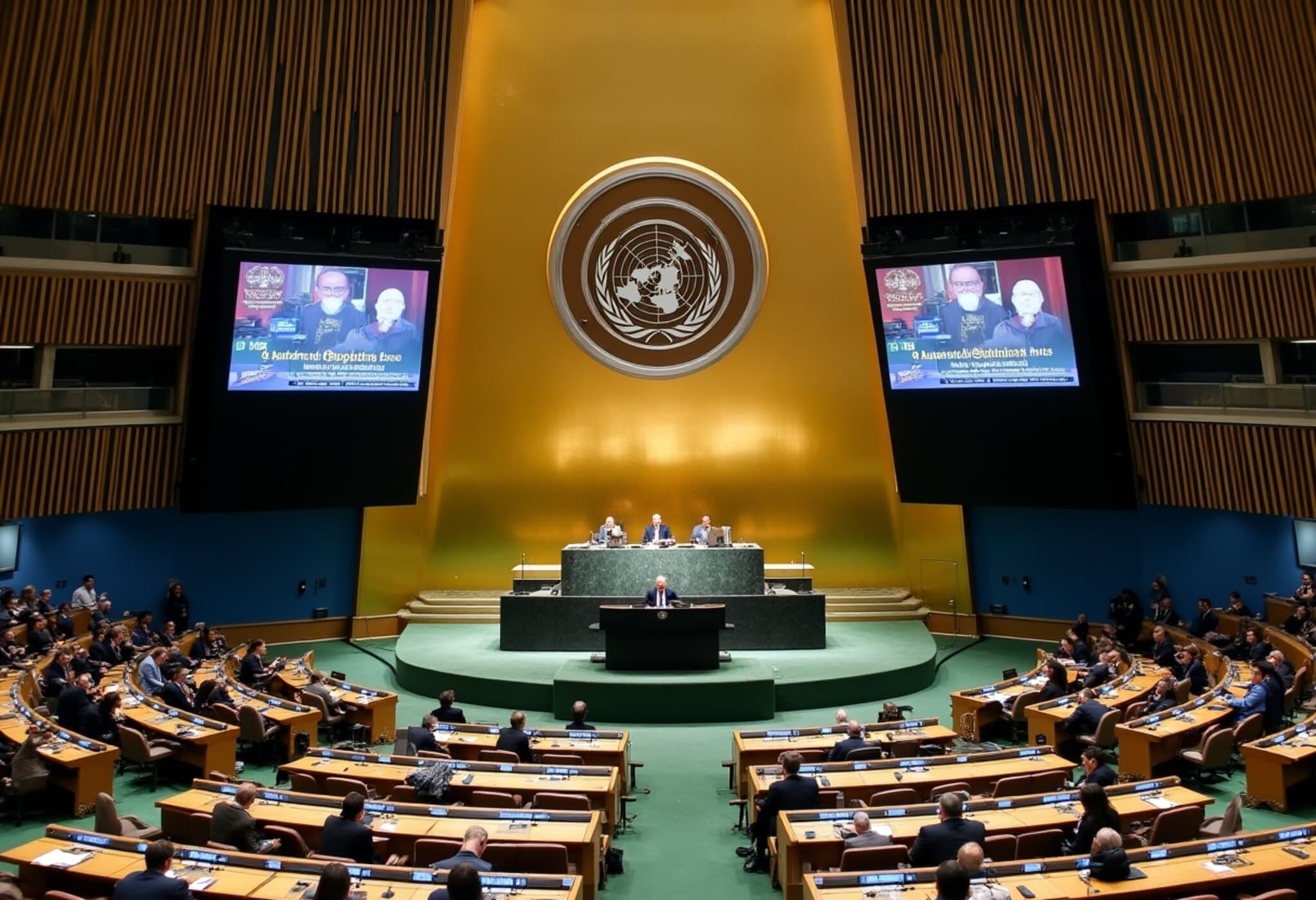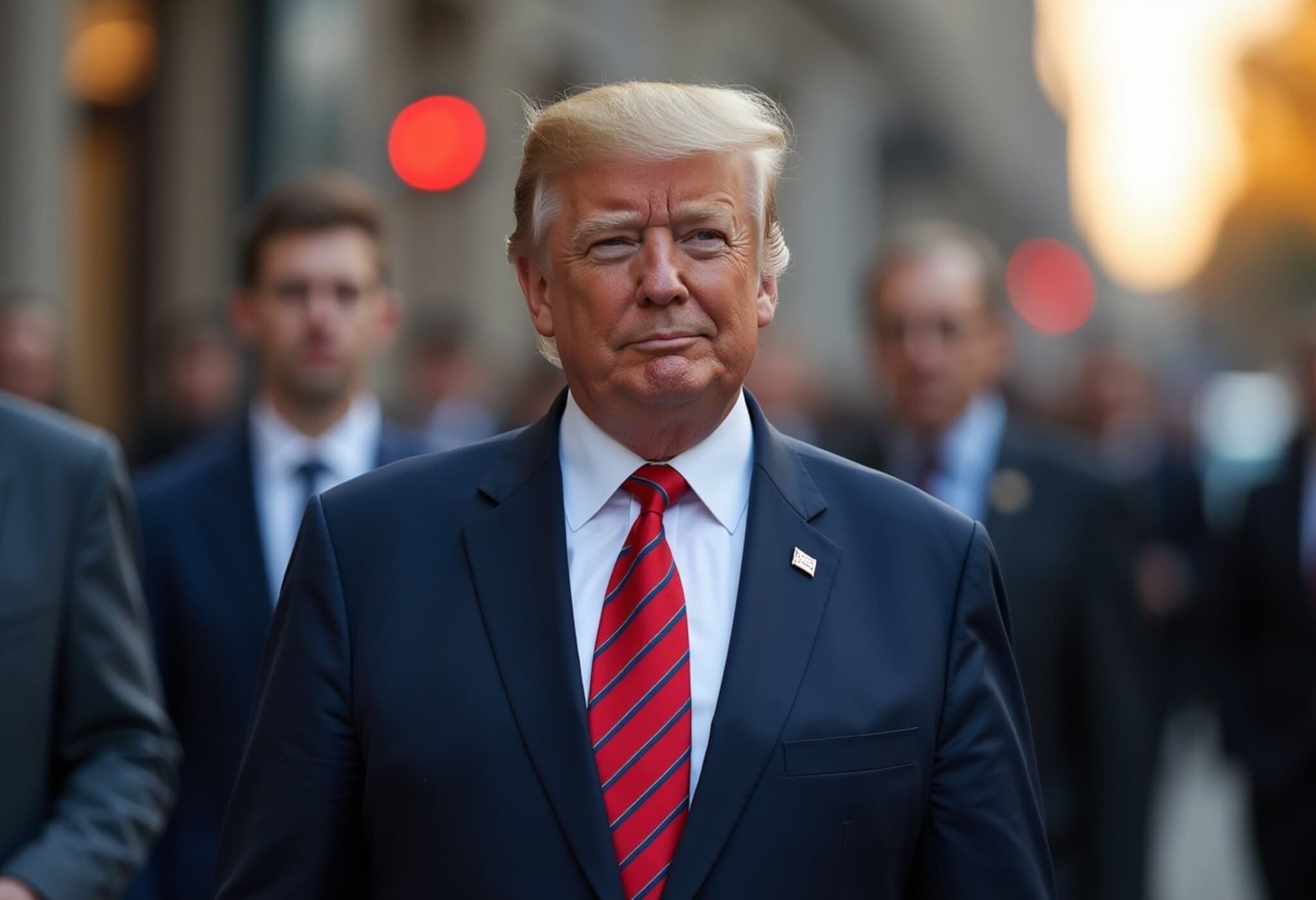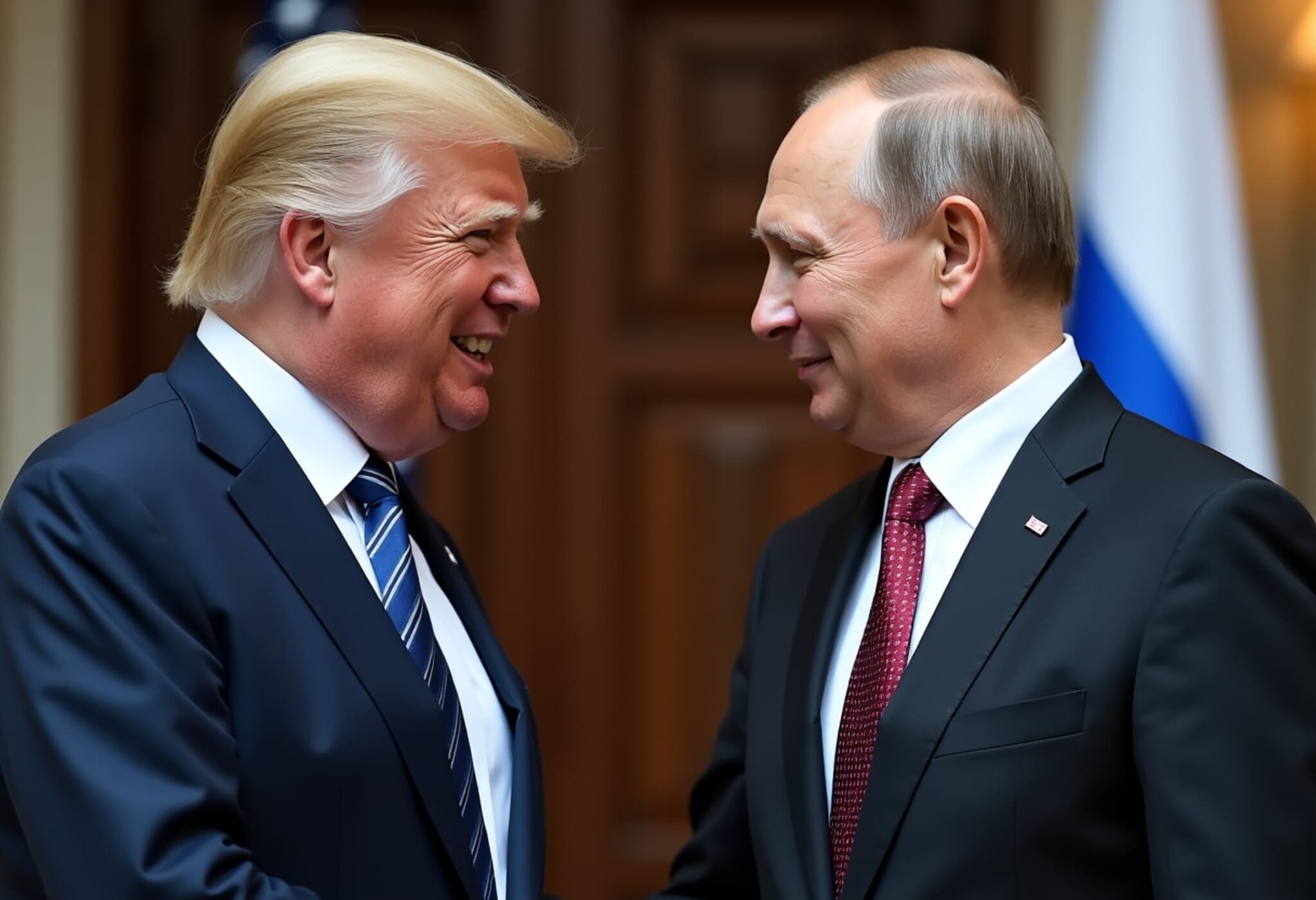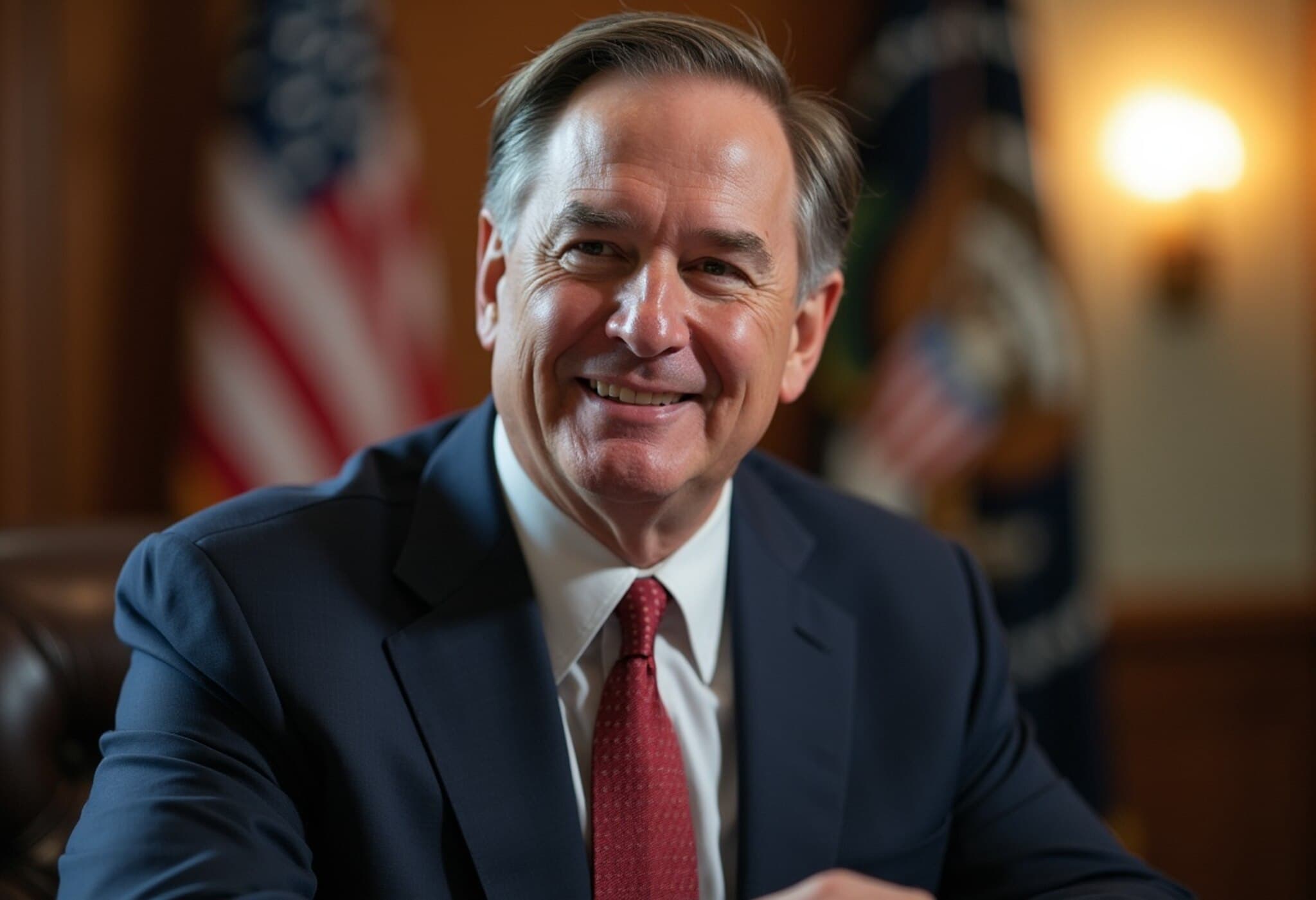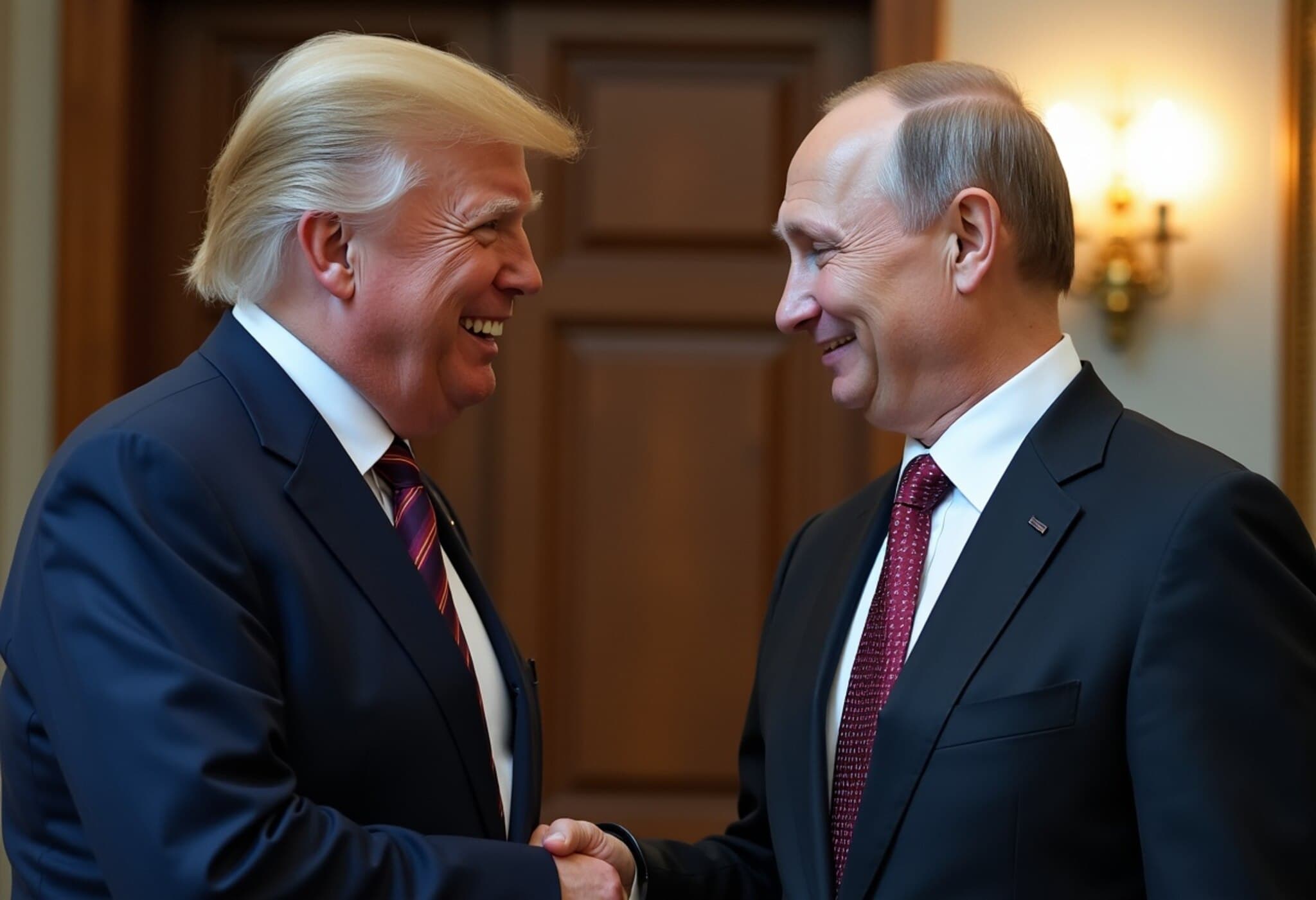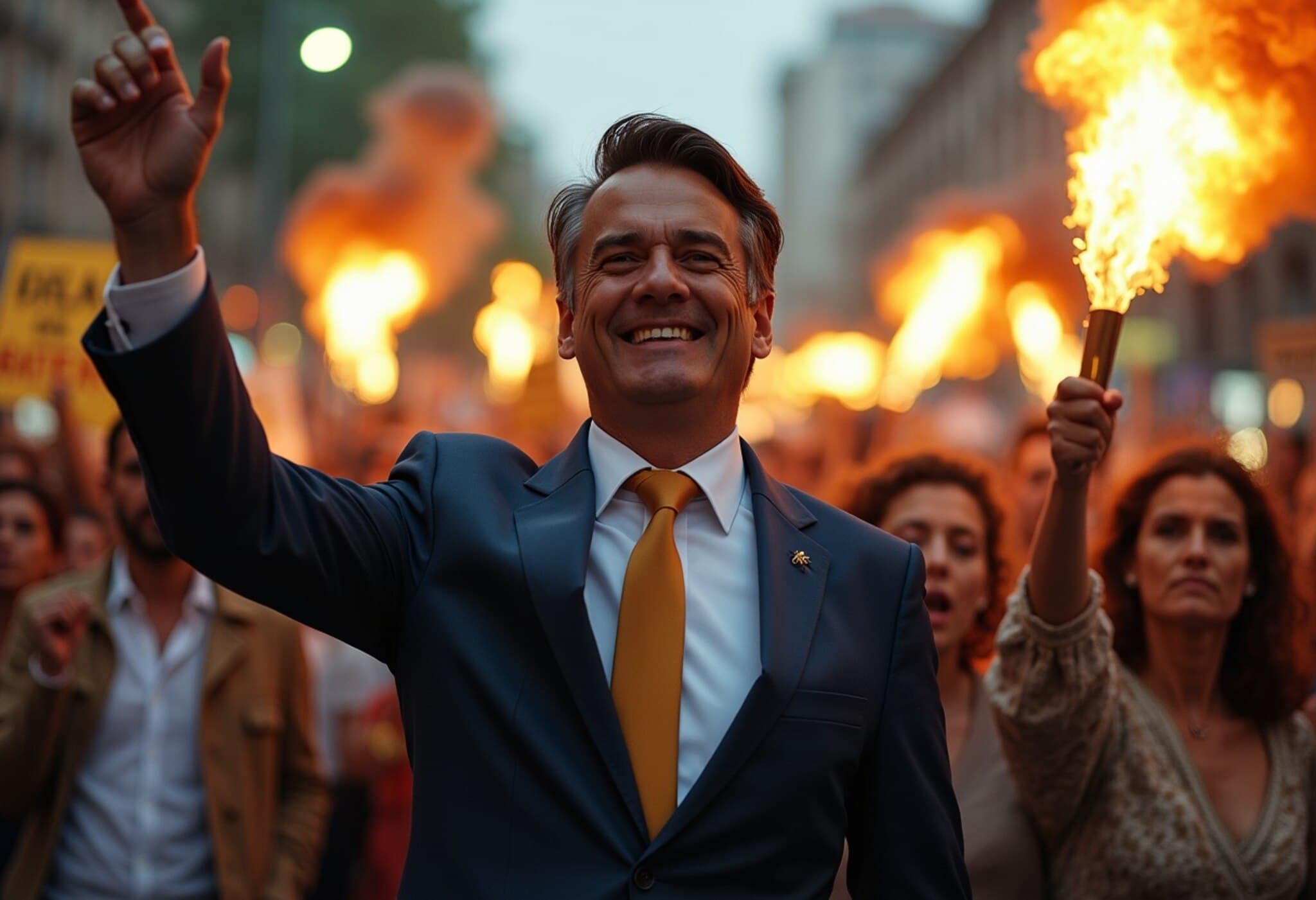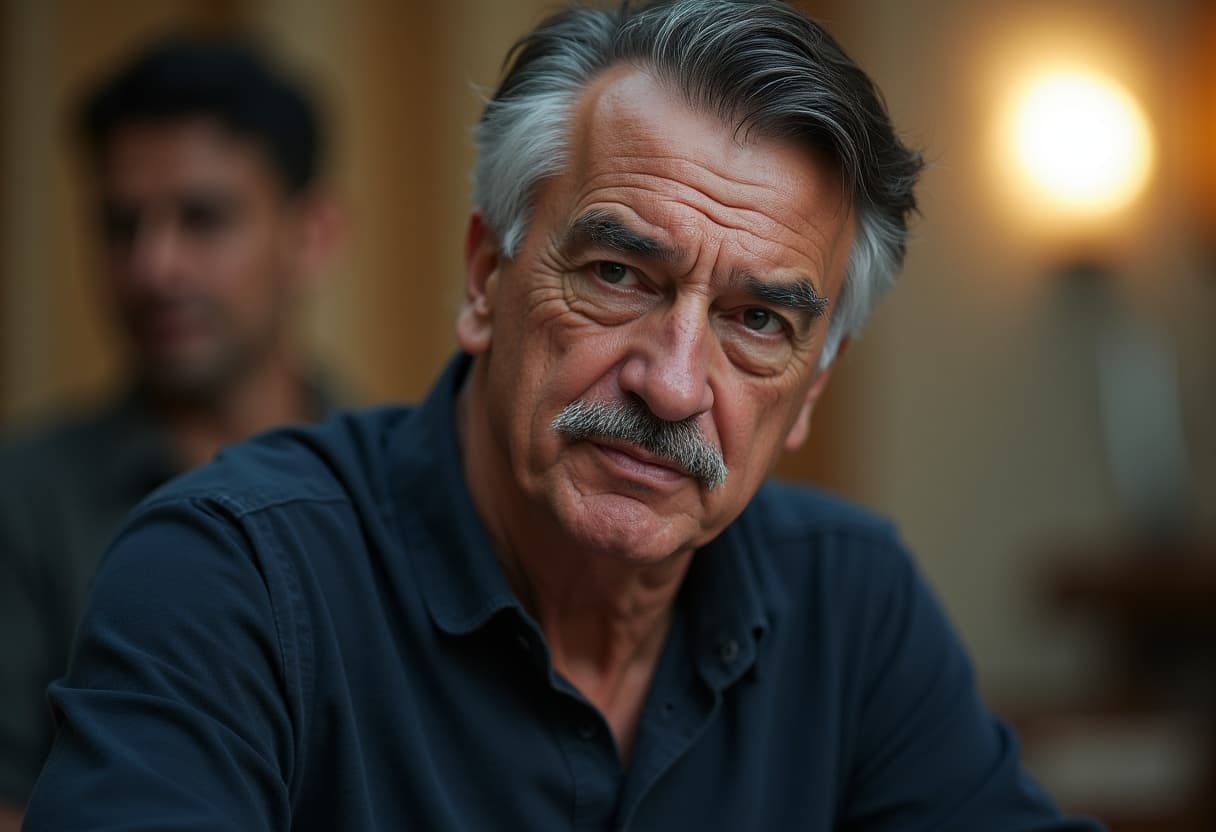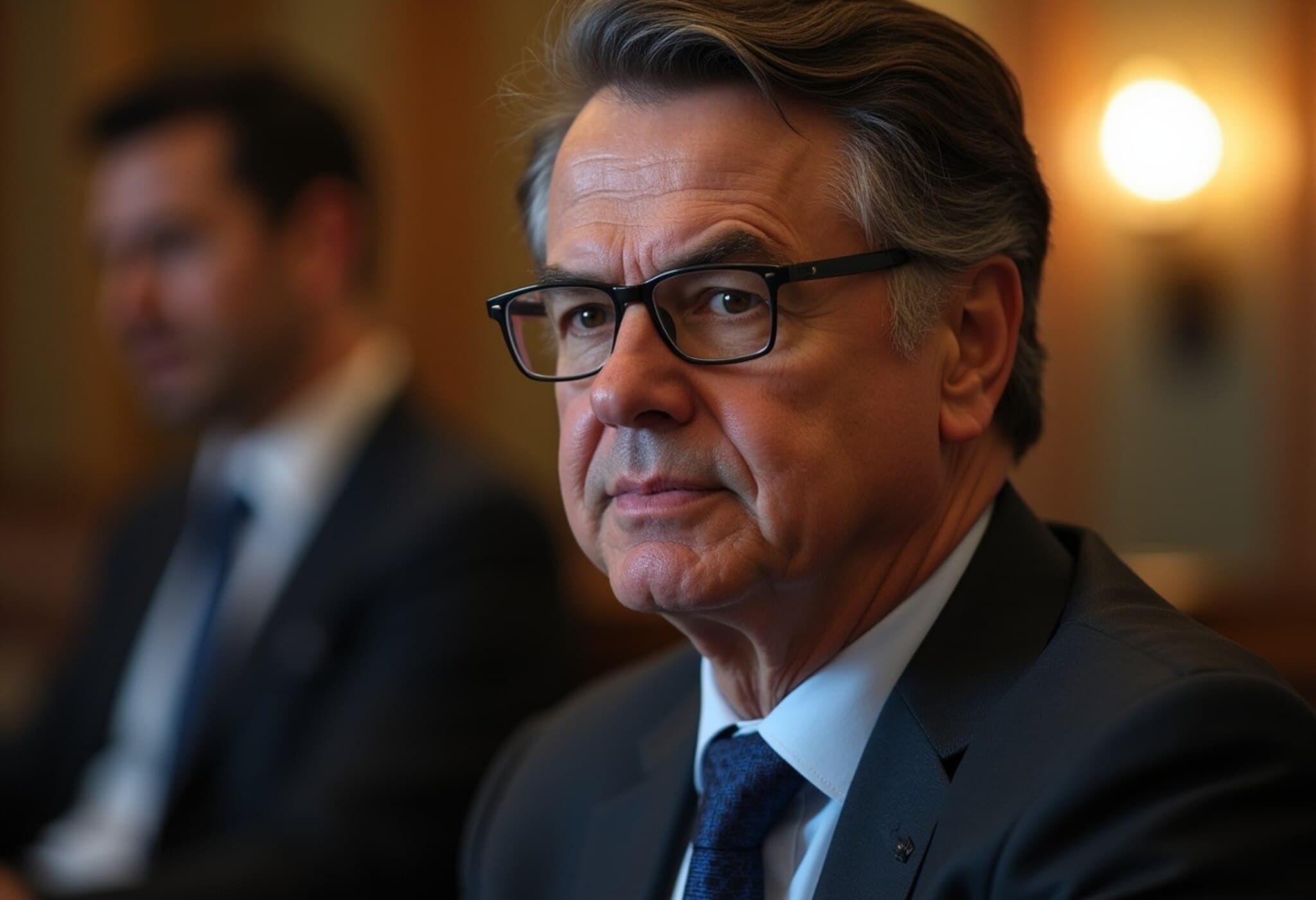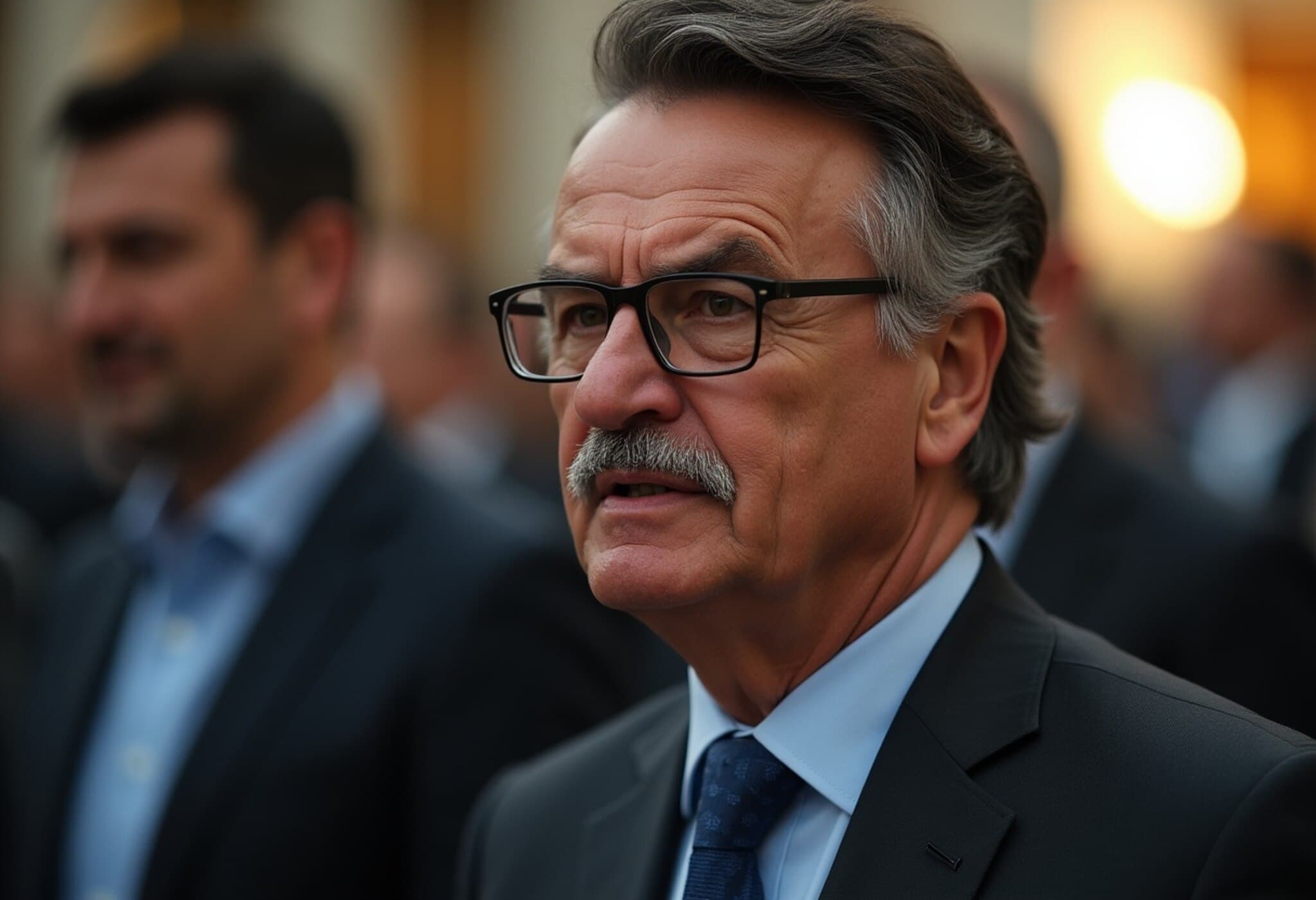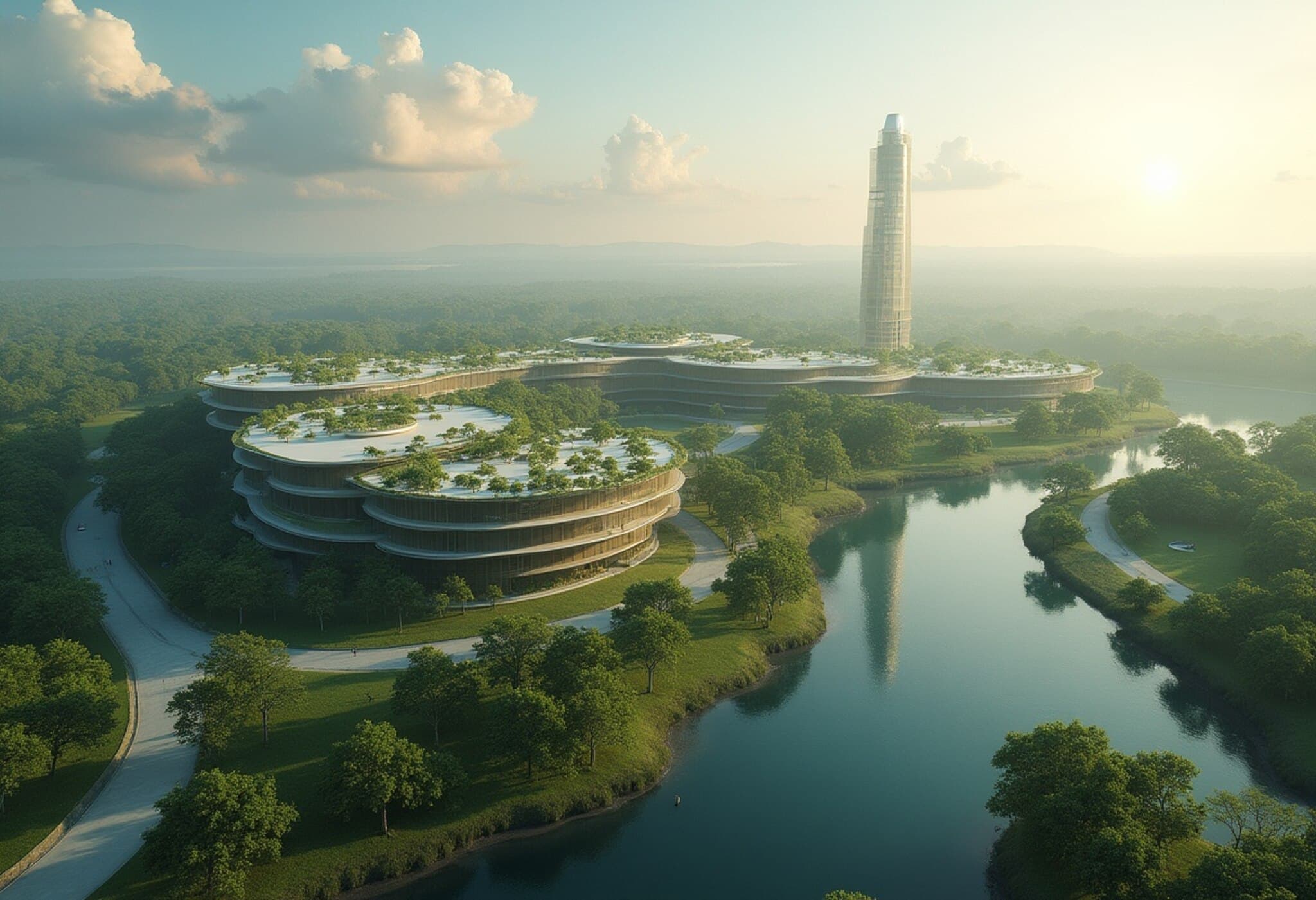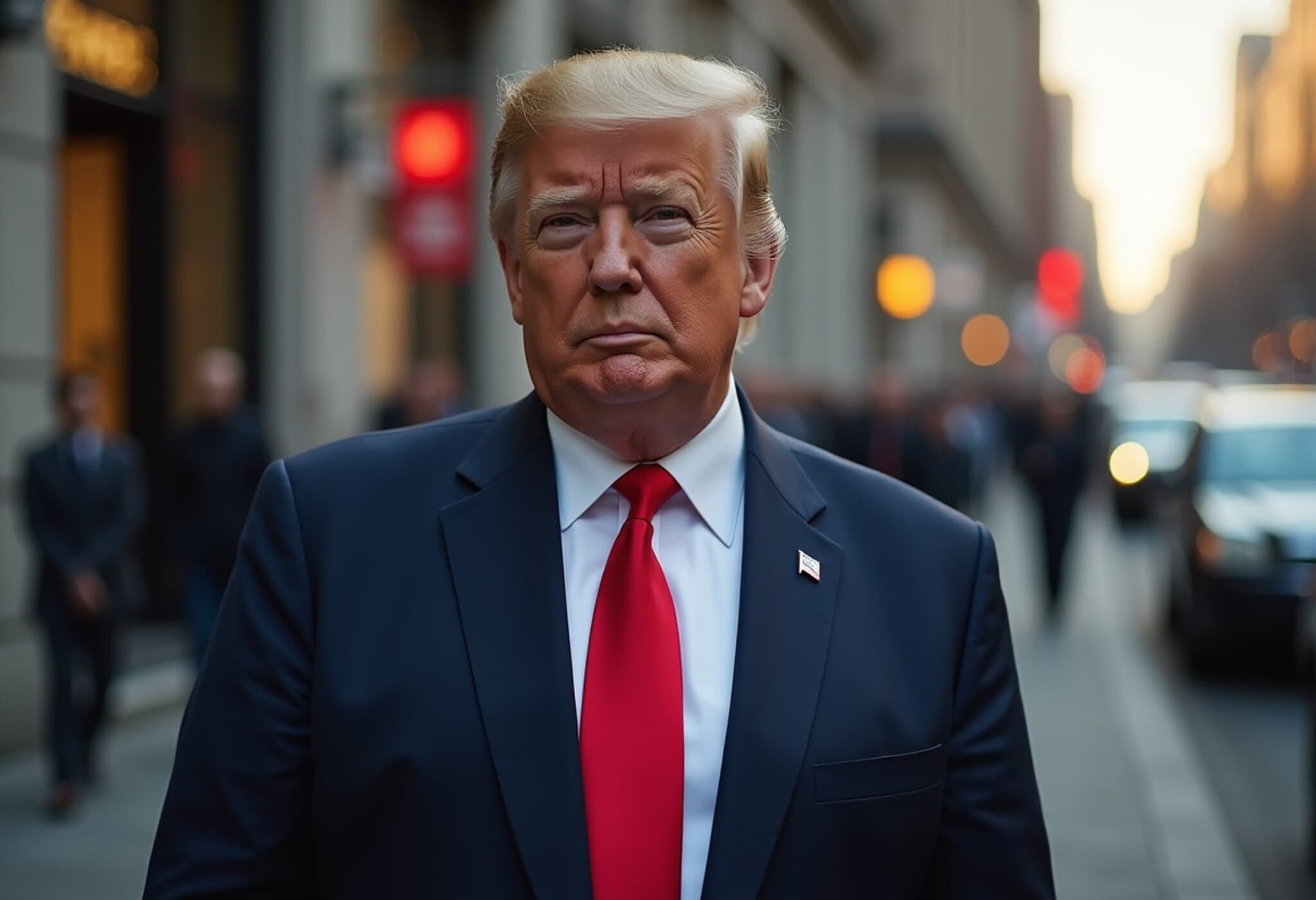Brazil-U.S. Relations Hit a New Low: Lula Declines to Engage with Trump Over Tariffs and Sanctions
In a significant development underscoring escalating tensions between Brazil and the United States, Brazilian President Luiz Inácio Lula da Silva has publicly stated he will not initiate contact with former U.S. President Donald Trump, amidst a growing diplomatic rift marked by steep tariffs and sanctions.
Standoff Over 50% Tariffs on Brazilian Imports
The dispute began when the U.S. imposed a sweeping 50% tariff on Brazilian imports, a measure aimed ostensibly at addressing trade imbalances but perceived by Brazil as punitive and unprecedented in scale. While former President Trump extended an apparent olive branch, suggesting Lula could "call him anytime" to discuss these trade disputes, Lula’s stance remains firm. He declared, “I will not call Trump because he does not want to talk,” signaling a stalemate at the highest levels.
Brazil’s Finance Minister, Fernando Haddad, tempered the tension slightly by calling Trump's willingness to talk “great,” and expressed openness on Brazil’s side to dialogue. Yet, with Lula unwilling to be the one to make the first move, the conversation between two of the Western Hemisphere’s largest economies remains frozen.
Sanctions Against a Brazilian Supreme Court Justice Add to the Strain
The diplomatic freeze extends beyond economics. The United States has imposed sanctions on Brazilian Supreme Court Justice Alexandre de Moraes under the Magnitsky Act. The sanctions relate to allegations concerning Justice de Moraes’ involvement in legal proceedings against former Brazilian President Jair Bolsonaro, who is currently under house arrest facing accusations of plotting a coup after his 2022 election loss.
Brazilian authorities have firmly rejected U.S. accusations of political persecution, emphasizing the independence of their judiciary. Justice de Moraes himself vowed to "ignore the sanctions and continue his duties," underscoring Brazil’s resolve not to bow to external pressure. This move has only fanned the flames of diplomatic discord.
Political Underpinnings and Regional Context
Harvard political scientist Steven Levitsky provides critical insight into the political dimensions of this conflict, noting, “This is a personalistic government that is adopting policies according to Trump’s whims.” His commentary highlights the intricate overlaps between Bolsonaro’s and Trump’s political circles, which have influenced discordant policy moves that complicate conventional diplomacy.
Challenges in Diplomacy and Ideological Divides
In a bid to de-escalate the conflict, a delegation of Brazilian senators recently traveled to Washington, advocating for increased economic cooperation and attempting to clarify their position amid what they described as “ideologically charged” perceptions held by some U.S. counterparts. Despite these efforts, Brazilian officials report difficulty accessing key decision-makers within the White House, suggesting that political ideology is overshadowing pragmatic dialogue.
Broader Implications for U.S.-Latin America Relations
This dispute reflects broader challenges in U.S.-Latin America relations in the post-Trump era — where populist nationalism and divergent political narratives increasingly complicate traditionally cooperative ties. With economic interests tightly interwoven, unresolved tariff barriers and political sanctions threaten to disrupt trade, investment, and regional stability.
What Lies Ahead?
As Brazil and the U.S. find themselves locked in this impasse, several critical questions loom:
- Will pragmatic economic interests eventually compel a resumption of high-level dialogue?
- How will the sanctions on Justice de Moraes affect judicial independence and the perception of U.S. interference in Brazil’s internal affairs?
- Could this strain push Brazil to deepen alliances with other global powers, reconfiguring Latin America’s geopolitical landscape?
For now, the stalemate underscores the fragility of international diplomacy when entwined with domestic politics, raising the stakes for regional and global audiences alike.
Editor’s Note
Brazil's refusal to engage directly with former President Trump amidst punitive tariffs and sanctions reveals the complex interplay of politics, economics, and judicial sovereignty in international relations. This standoff not only hampers bilateral trade but also calls into question the role of ideology in shaping foreign policy decisions. Observers should watch closely how these dynamics evolve — will diplomacy regain its footing, or will political posturing deepen divides? Understanding this episode is crucial for grasping the shifting contours of U.S.-Latin America relations in an increasingly multipolar world.

